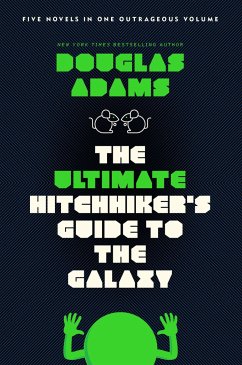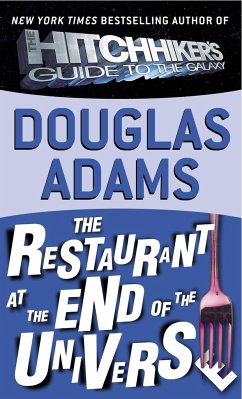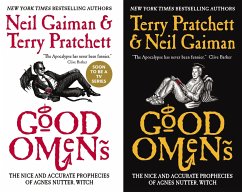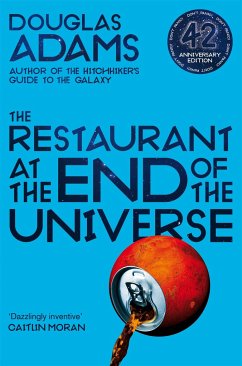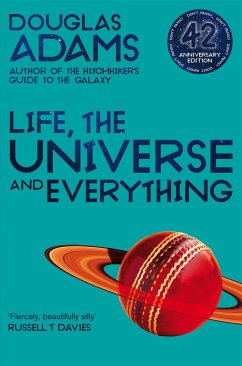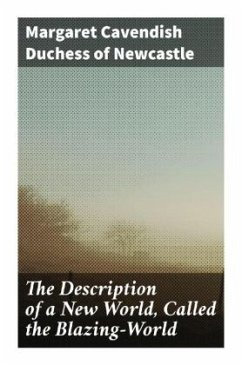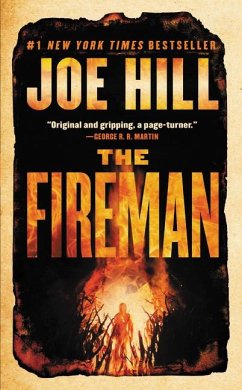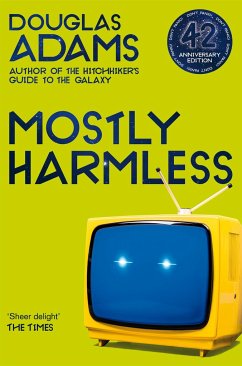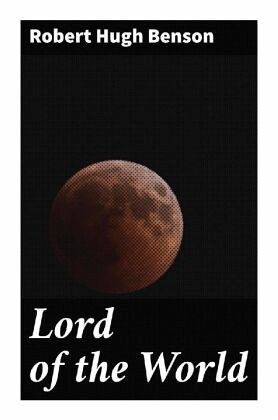
Lord of the World
Versandkostenfrei!
Versandfertig in 6-10 Tagen
9,99 €
inkl. MwSt.

PAYBACK Punkte
5 °P sammeln!
In "Lord of the World," Robert Hugh Benson crafts a dystopian narrative that explores the profound implications of a society increasingly reliant on technology and secularism. Set in the late 21st century, this prophetic novel critiques modernity through a richly layered literary style that combines elements of gothic fiction with philosophical introspection. Benson juxtaposes the rise of a totalitarian regime against the fraying fabric of Christian moral values, creating a chilling portrait of a future where the struggle between faith and ideological tyranny shapes humanity's fate. Benson, an...
In "Lord of the World," Robert Hugh Benson crafts a dystopian narrative that explores the profound implications of a society increasingly reliant on technology and secularism. Set in the late 21st century, this prophetic novel critiques modernity through a richly layered literary style that combines elements of gothic fiction with philosophical introspection. Benson juxtaposes the rise of a totalitarian regime against the fraying fabric of Christian moral values, creating a chilling portrait of a future where the struggle between faith and ideological tyranny shapes humanity's fate. Benson, an Anglican priest and a member of the Catholic Church, imbued his works with his deep religious convictions and concerns about societal shifts during his time. His exploration of faith, morality, and political authority stemmed from a rich academic background and personal experiences, including his fascination with the teachings of early Christianity. Given the tumultuous era in which he lived, Benson's insights into the darker currents of human nature provide a compelling framework for this thought-provoking narrative. "Lord of the World" is essential reading for those intrigued by the intersection of theology, politics, and futurism. It challenges readers to reflect on the consequences of abandoning spiritual values in an increasingly mechanized world and serves as a powerful reminder of the enduring relevance of faith in an age of uncertainty.



